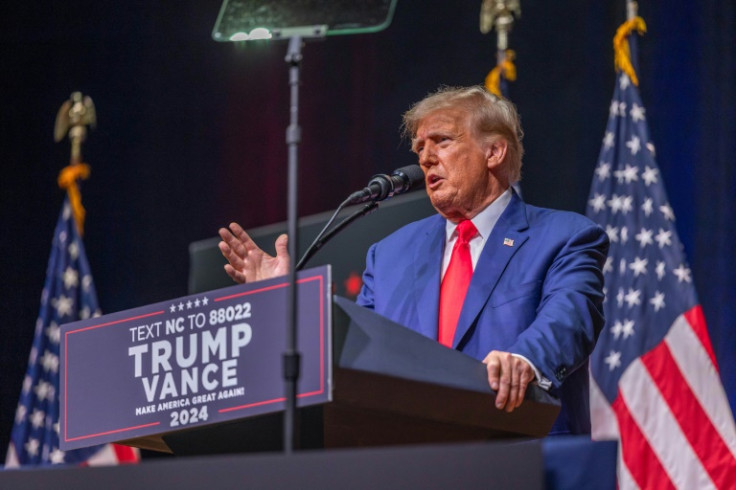Trump Backs Off Push For Direct Control Over Fed Rate Decisions

Former President Donald Trump has scaled back his earlier claims about wanting direct control over the Federal Reserve's interest rate decisions. In an interview with Bloomberg, Trump stated that while he believes the president should be able to voice opinions on interest rates, he does not expect to dictate monetary policy. "It doesn't mean they have to listen, but I think it's fine for a president to talk," Trump said, according to CNN.
Throughout his presidency, Trump frequently pressured the Fed to lower interest rates, which broke traditional norms that protect the central bank's independence. He often criticized Fed Chair Jerome Powell, whom he appointed in 2017, over his decisions on rate hikes. Earlier this month, Trump reiterated his belief that his business experience gives him better instincts than many at the Fed, a claim reported by CNN.
In the interview, as noted by Fortune, Trump downplayed concerns about his influence on the Fed, saying that while he would express his views, it doesn't mean they would be followed. His comments come as interest rates remain a critical issue, with rising costs affecting mortgage affordability. Trump also criticized Vice President Kamala Harris's proposal to provide first-time homebuyers with down payment assistance, calling it a "big mistake" that could worsen housing shortages.
The debate over presidential influence on the Fed is a key issue in the 2024 election. Trump's economic strategy remains a central part of his campaign, where he continues to hold an edge over Harris on economic matters, despite her recent gains in some polls. According to CNN, Trump has indicated he would not reappoint Powell if re-elected but has yet to name a possible replacement.
Trump's remarks came as he ramped up his campaign in swing states like Pennsylvania, Michigan, and Arizona. Meanwhile, Harris has emphasized the importance of Fed independence, stating she would not interfere with the central bank's decisions if elected. The issue of how much control a president should have over the Federal Reserve is expected to be a significant focus as the 2024 campaign progresses.
© Copyright IBTimes 2024. All rights reserved.




















